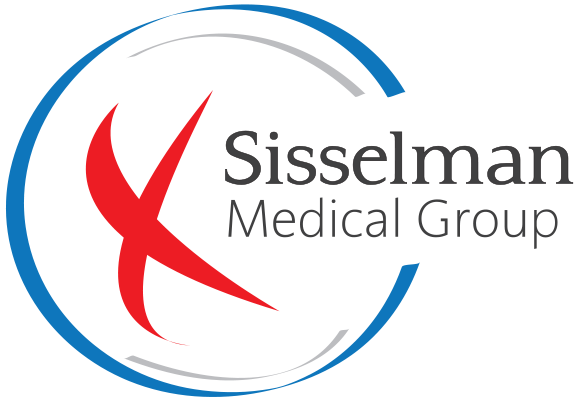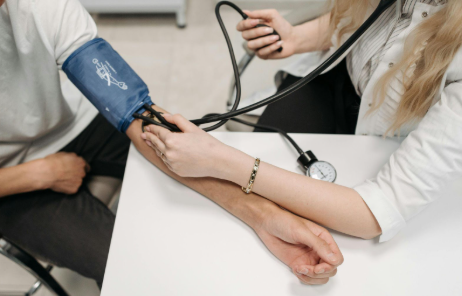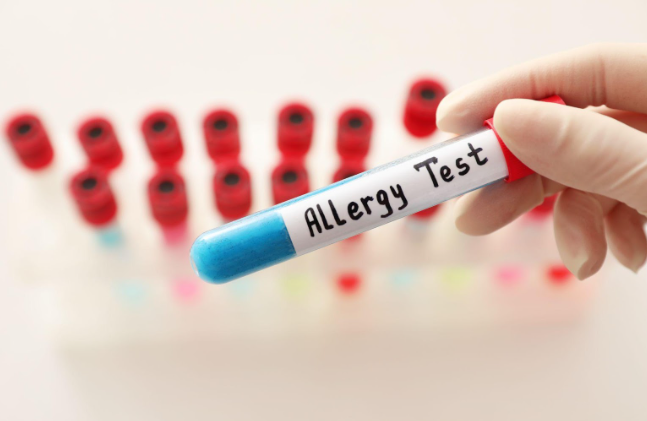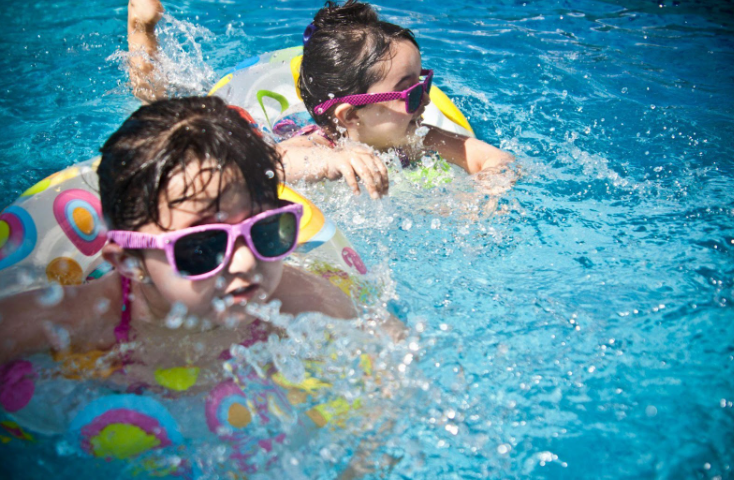How to Protect Yourself against Flu, COVID, and RSV
How to Protect Yourself Against Flu, COVID, and RSV

As we are navigating the peak of the flu season in the United States, it is important for all of us to know how best to protect ourselves and our loved ones from flu, COVID, and RSV. Sisselman Medical Group is here to help you during this season.
General Overview of Flu, COVID, and RSV
These three distinct illnesses are all caused by respiratory viruses. Let’s take a closer look at each of the illnesses:
Flu
The flu, short for influenza, is primarily caused by influenza viruses, with the most common types being influenza A and B. The flu is highly contagious and spreads through respiratory droplets produced when an infected person coughs, sneezes, or talks.
Additionally, the virus can survive on surfaces for a short period, contributing to indirect transmission. People can become infected by inhaling these respiratory droplets or by touching contaminated surfaces and then touching their face, especially the eyes, nose, or mouth.
The flu typically exhibits a seasonal pattern, with increased transmission during the colder months.
COVID
The virus that causes COVID-19 has a long name: severe acute respiratory syndrome coronavirus 2 (SARS-CoV-2). The virus spreads when an infected person exhales, coughs, or sneezes. Transmission occurs when these droplets are inhaled by people in close proximity to the infected individual, typically within a distance of about six feet. Additionally, COVID-19 can spread through contact with contaminated surfaces and subsequent transfer of the virus to the face, particularly the eyes, nose, or mouth. Airborne transmission in enclosed spaces is also a concern, especially in settings with poor ventilation.
The virus primarily targets the respiratory system, entering cells through the ACE2 receptor.
RSV
Respiratory syncytial virus (RSV) is a common respiratory pathogen responsible for infections in people of all ages. The virus is highly contagious. It spreads through respiratory droplets that result from coughing or sneezing. Additionally, RSV can persist on surfaces, and individuals can contract the virus by touching contaminated objects and then touching their face, especially the eyes, nose, or mouth. The virus thrives in crowded settings, making it more prevalent in places like hospitals.
Protective Measures against Respiratory Viruses
There are several measures to protect yourself and your loved ones from respiratory diseases:
Hand Hygiene
Frequent handwashing is a simple yet powerful practice. Use soap and water for at least 20 seconds or an alcohol-based hand sanitizer when soap is not available. Be mindful to wash your hands before eating, after using the restroom, and after being in public spaces.
Respiratory Hygiene
If you cough or sneeze, always remember to cover your mouth and nose. Dispose of tissues properly and, if using your elbow, ensure you wash your hands immediately afterward. This measure helps prevent the spread of respiratory droplets that may contain viruses.
Mask-Wearing
Masks help contain respiratory droplets and protect both the wearer and those around them.
Avoid Touching Your Face
Respiratory viruses can enter the body through the eyes, nose, and mouth. Avoid touching your face, especially with unwashed hands, to minimize the risk of transferring viruses from contaminated surfaces.
Maintain Physical Distancing
Keep a safe distance, at least six feet, from individuals who are not part of your household, particularly in crowded spaces. Physical distancing helps minimize the risk of respiratory droplet transmission.
Environmental Hygiene
It is a great habit to regularly clean and disinfect commonly touched surfaces in your home and workplace. Focus on doorknobs, light switches, keyboards, and other frequently used items to reduce the chances of indirect transmission.
Maintain a Healthy Lifestyle
A strong immune system makes you stronger against infections. Adopt a healthy lifestyle by:
- Eating plenty of fruits, vegetables, and whole grains rich in vitamins and nutrients
- Staying physically active
- Getting adequate sleep to allow your body time to recover and regenerate
- Managing stress by meditating, doing breathing exercises, or attending yoga classes
Getting Vaccinated
Vaccines train our immune systems to recognize and fight specific viruses. Always remember to consult with your healthcare provider for personalized advice regarding vaccines.
Flu Shots
The flu vaccine contains inactivated or weakened forms of the virus, or fragments of the virus, which cannot cause the flu itself. These components act as antigens, substances that trigger an immune response.
By receiving the flu vaccine, you not only protect yourself from severe illness but also contribute to community immunity, reducing the overall impact of the flu.
COVID-19 Vaccine
Several vaccines have been developed and authorized for use worldwide:
- mRNA
- Viral Vector
- Inactivated or Protein Subunit
COVID vaccines have shown high efficacy in preventing severe illness, hospitalization, and death caused by COVID-19. Booster doses have also been recommended for certain populations to enhance and prolong immunity. Booster shots help reinforce the body's defense against the virus.
RSV Immunization
Respiratory Syncytial Virus (RSV) poses a particular threat to older adults, and while most individuals recover within a week or two, the virus can lead to severe illness requiring hospitalization.
For older adults aged 60 years and above, a single dose of the RSV vaccine is recommended to protect them from the severe outcomes associated with RSV infection. Pregnant individuals are advised to receive one dose of maternal RSV vaccine during weeks 32 through 36 of pregnancy, administered immediately before or during the RSV season.
If all of your preventive efforts still find you under the weather,
Sisselman Medical Group is here to help.
Contact us today!
Prevention of Respiratory Illnesses COVID-19, Influenza, and RSV
Please see attached an advisory regarding NYSDOH adoption of new CDC recommendations regarding prevention of respiratory illnesses COVID-19, influenza, and RSV. This includes new guidance on when infected individuals should return to normal activities. Please share with those you see and serve. Note that there are no changes in guidance for healthcare settings. Thank you.













